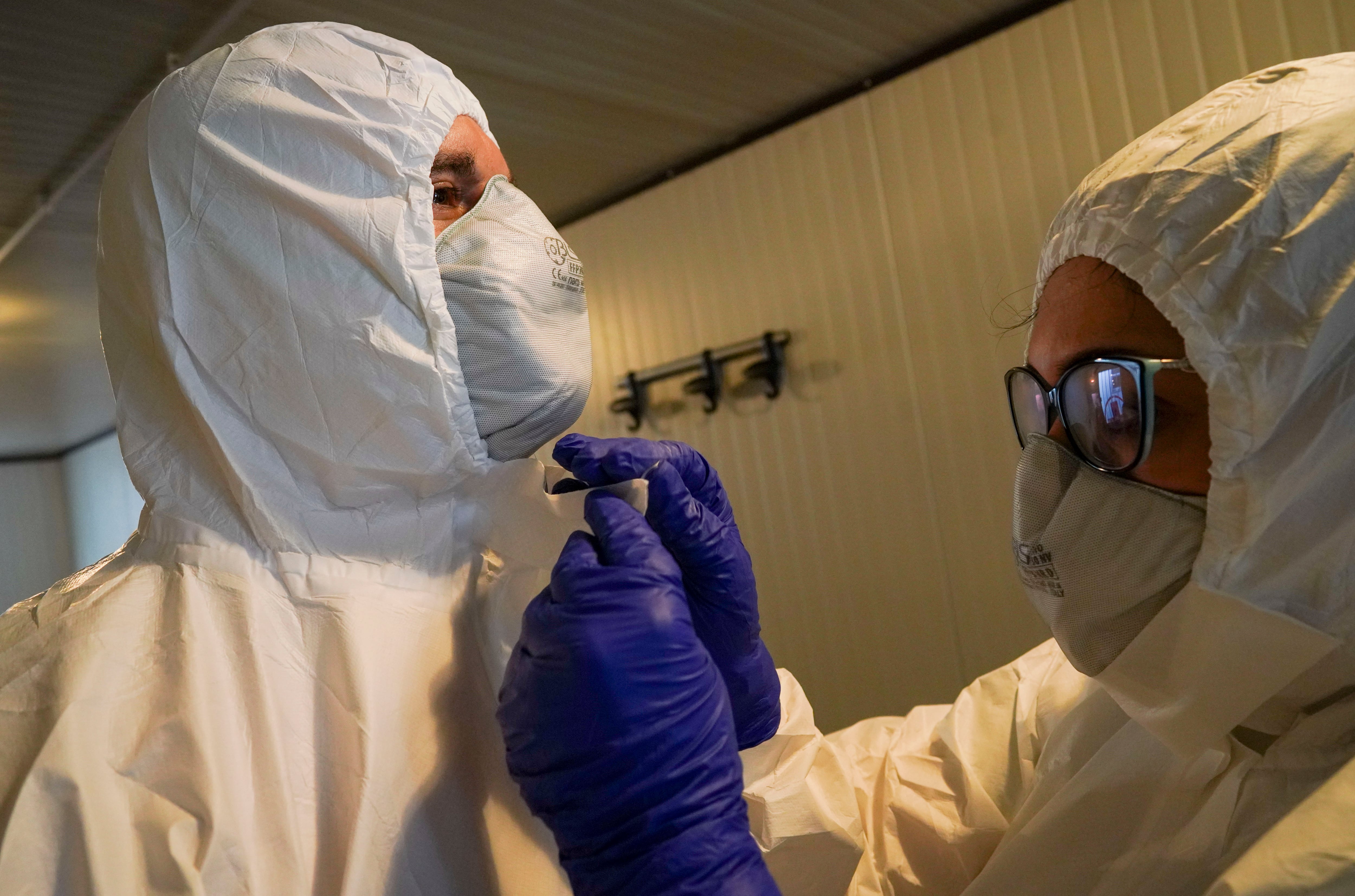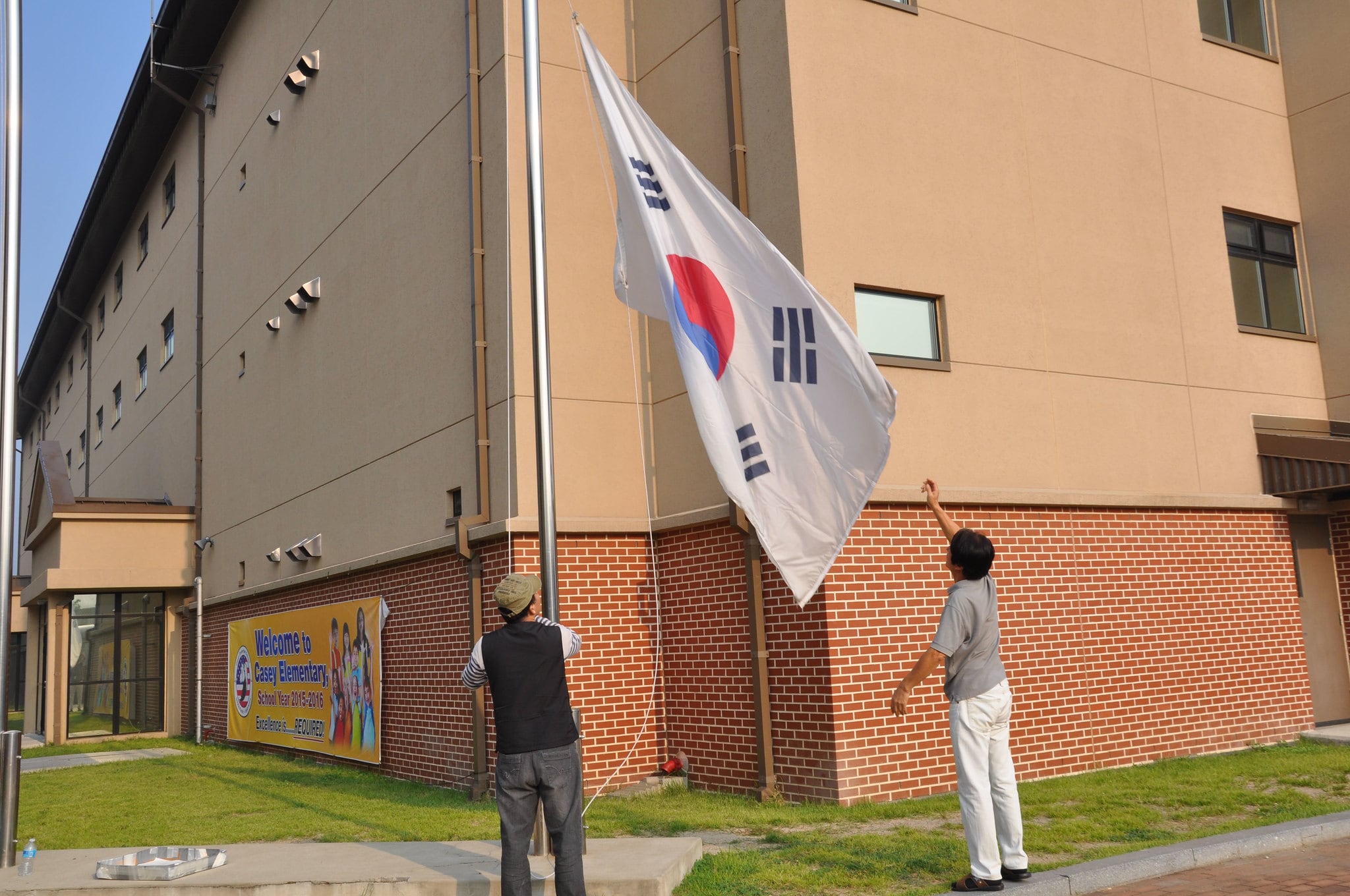Teachers at military schools in northern Italy are at “grave risk” of coronavirus infection because they are having to report to work despite the Italian government’s order for school closures, according to the Overseas Federation of Teachers.
The OFT, along with the American Federation of Teachers, sent a letter to Department of Defense Education Activity Director Tom Brady, urging him to direct DoDEA managers in any countries or areas with outbreaks to close schools and allow teachers to telework from home; to provide coronavirus testing for teachers who have been reporting to work at schools in areas with outbreaks; and to meet with the union to develop a school and staff coronavirus protocol. The Overseas Federation of Teachers is an affiliate of the AFT union.
“We are gravely concerned that DoDEA — through this blatant disregard for the safety of teachers, their families and members of our host communities — may be inadvertently spreading and exacerbating this global health emergency,” wrote the presidents of AFT and OFT in their March 6 letter to Brady.
“Asking teachers to report to work every day when students are at home is not only ridiculous, it’s also unsafe,” said Randi Weingarten, president of the AFT, in a press release.
DoDEA schools are closed in Bahrain, South Korea, and in Vicenza, Aviano, Livorno and Naples, Italy. Schools at Quantico Marine Corps Base are closed Monday and Tuesday for cleaning after a Marine living there tested positive for coronavirus after returning from overseas. He is being treated at Fort Belvoir Community Hospital.
RELATED

Schools follow guidance from local military commands. “Teachers are only reporting to work on military installations in Italy that remain open for operations,” said Will Griffin, a spokesman for the Department of Defense Education Activity. “Teachers, as all other Department of Defense civilian employees on these installations, report to work to accomplish their mission. Teachers are at no more risk in this regard than any other civilian employees on the installations.”
Military guidance is different in South Korea, where essential personnel only are allowed to come to work on the installation, so teachers are not reporting to schools. At Quantico, teachers are not reporting to work for the two days of closure during the cleaning, Griffin said.

In addition, all travel to and from affected areas is extremely limited, approved at the senior level and only when deemed essential for mission, he said. “We are in constant communication with local military commanders to maintain awareness of any conditions that could potentially impact mission essential travel and make decisions based on their guidance.”
School buildings are being cleaned to standards established by the Centers for Disease Control and Prevention, he said, and DoDEA leadership and safety personnel are in regular communication with military public health officials and health care providers in the regions to make sure preventive measures in the workplace and staff education are appropriate.
Coronavirus testing is generally conducted by health care providers.
Meanwhile, school goes on — virtually. For example, in Vicenza, Aviano and Livorno, distance/virtual instruction began three days after the schools were closed, with the full involvement of the students’ parents. The effort involves a high degree of collaboration and support, which “are greatly facilitated by teachers reporting to work in the schools, using preventive measures recommended by the CDC and military public health officials,” Griffin said.
Karen has covered military families, quality of life and consumer issues for Military Times for more than 30 years, and is co-author of a chapter on media coverage of military families in the book "A Battle Plan for Supporting Military Families." She previously worked for newspapers in Guam, Norfolk, Jacksonville, Fla., and Athens, Ga.




